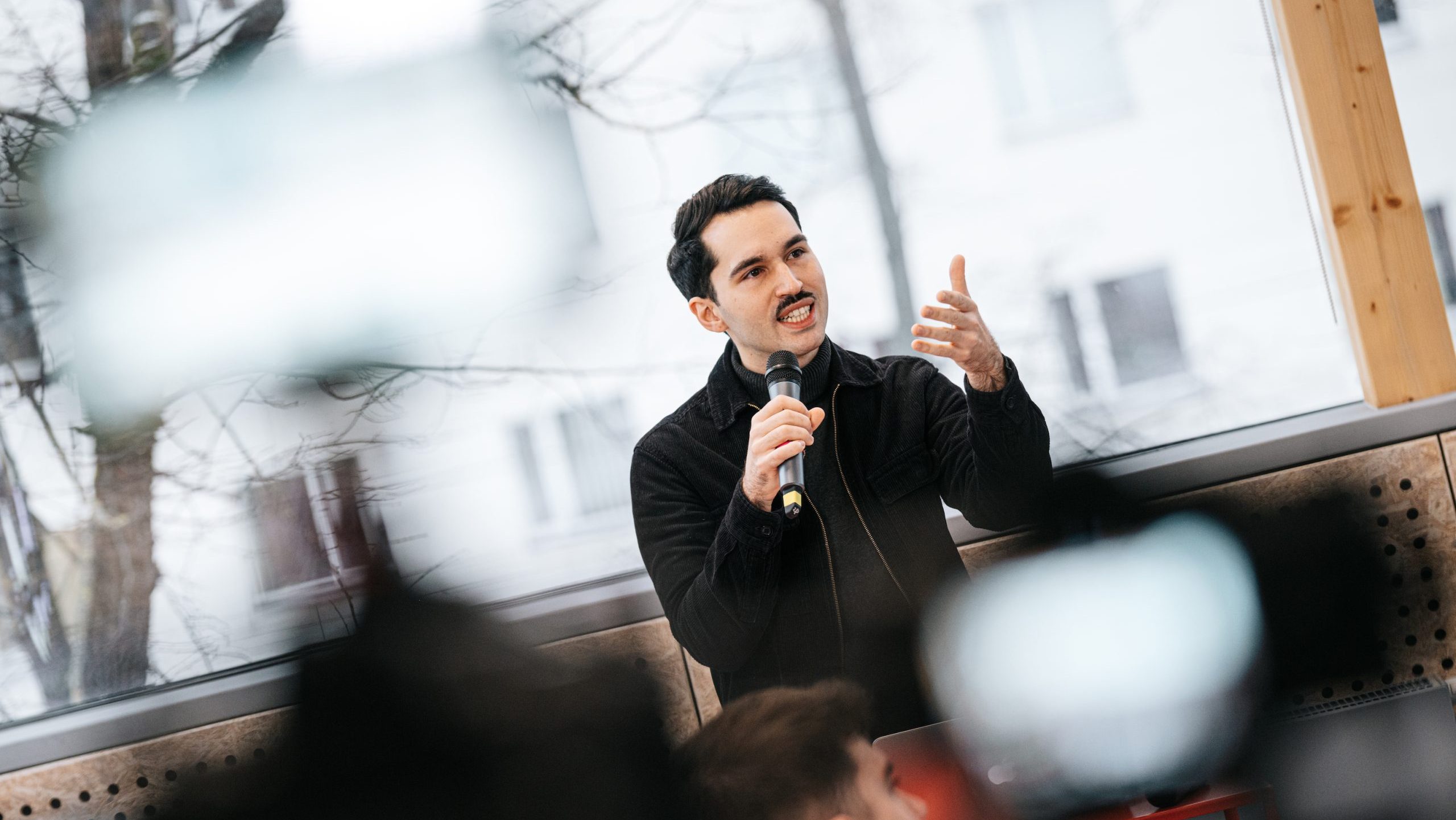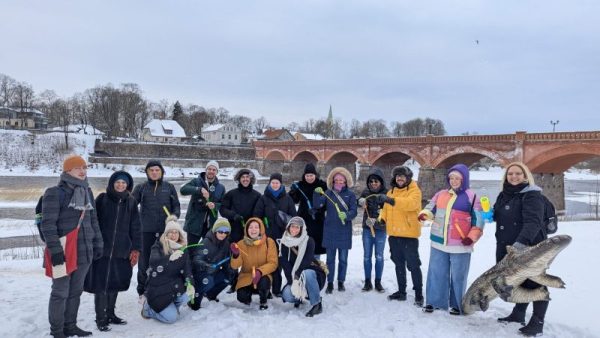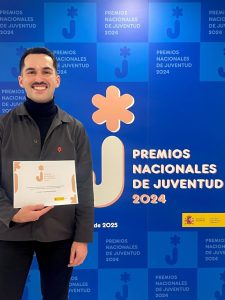Daniel Valtueña: Long Life to DemArt!

Although the “DemArt” project has concluded, we hope its ideas will continue to inspire and empower citizens to commission artworks that address local priorities, uncover untold stories, and celebrate diverse perspectives, identities, and experiences. The Open-Source Art Commissioning Toolkit is now available online, but below, you can read a farewell message from the toolkit’s editor, Daniel Valtueña.
Is it possible to be happy at the end of something whose end you don’t want to see?
Last Saturday, February 22 the DemArt team participated in the conference “How Can Your Community Commission Art? Principles of democracy in art funding, commissioning and community engagement” at the Latvian Academy of Culture in Riga (Latvia). After a two-year project full of learnings and emotions, DemArt is coming to an end—and even though we didn’t want to see it will be finished, we were happy about what we had accomplished. I was extremely lucky to be there.

The conference was the culminating day of a trip where project managers, advisors, art commissioners, and myself as an external expert met to evaluate the project as well as to see the results of the commission in Kuldīga, one of the three communities for which an art commission was awarded by local art commissioners in the frame of the DemArt project. The piece was titled Upside Down Kuldīga by artist Jurgis Spulenieks and consisted of a sound walk through the town which unveiled the local history and stories of Kuldīga. Art commissioners were looking to commission a project that celebrated Kuldīga and contributed to making the space more joyful. They definitely achieved their goal.
We carried that joy throughout the whole trip and, more especially, during the conference in Riga. I had the honor of giving the keynote lecture during the conference and explained how crazy it has been that a project started in New York and managed by a Spaniard like me had been replicated in Bróchow, Kuldīga, and the 7th district of Budapest giving birth to three fantastic art commissioners selected by local art commissioners in order to strengthen local communities. It was exciting, moving, and extremely touching.
But what was even more touching was seeing how interested people were in knowing more about the DemArt project and the methodology that we presented in the form of the Open Art Methodology Toolbox, already available for people to download for free. Because what this project teaches us is how things can be done differently in the realm of art commissioning, it was extremely important for us to share the methodology with the world hoping that this project has an afterlife just like the Artist Commissioning Program from the Queens Council on the Arts that I used to managed has had in this form.
As the editor of the Open Art Methodology Toolbox, I hope this serves as a tool to promote a more democratic approach to art commissioning and funding decision-making. Putting together such a powerful publication has not only been valued by those involved in the project but also recognized by the Spanish Ministry of Youth which granted me with an Honorable Mention in Culture in the Spanish National Youth Awards 2024 for my role in the DemArt project.

And now we are back in Poland, Latvia, Hungary, and Spain after an amazing few days together in Riga and Kuldīga, it is your turn to take this methodology with you and contribute to keep fostering a sense of belonging through arts and culture projects. Be brave like art DemArt artists and art commissioners have been and take part in contributing to create art that strengthens our democracies.
Back
